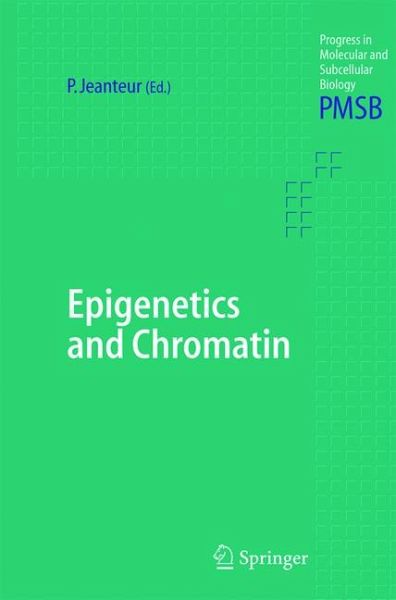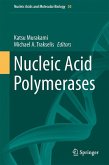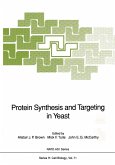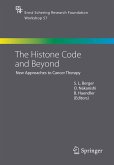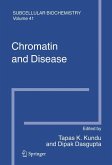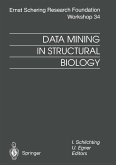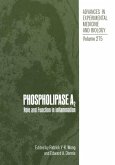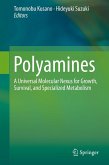This book provides a state-of-the-art account of a few selected hot spots by scientists at the edge in this extremely active field. It puts special emphasis on two main streams of research. One is the role of post-translational modifications of proteins, mostly histones, on chromatin structure and accessibility. The other one deals with parental genomic imprinting, a process which allows to express a few selected genes from only one of the parental allele while extinguishing the other.
Dieser Download kann aus rechtlichen Gründen nur mit Rechnungsadresse in A, B, BG, CY, CZ, D, DK, EW, E, FIN, F, GR, HR, H, IRL, I, LT, L, LR, M, NL, PL, P, R, S, SLO, SK ausgeliefert werden.
"This book contains ten excellent chapters ... . Thoroughly covers a rapidly developing and expanding field. The different chapters are well written and provide clear, concise and informative views on the topic. Notably, each chapter ends with a conclusion describing current models and future challenges in epigenetics. ... both the expert and the novice will find this book a valuable source of information on the various epigenetic phenomena." (Frank Sauer, Nature Cell Biology, Vol. 7 (10), October, 2005)
"Professor Philippe Jeanteur, who is one of the editors of this PMSB Springer series, coordinated a well reknown group of scientists working on epigenetics to provide us with an updated collection of papers treating epigenetic phenomena in Mammals, insects and plants. Well done: careful presentations, well illustrated and rich in bibliography, this book is a must for those interested in epigenetics." (Carlo Alberto Redi, European Journal of Histochemistry, Vol. 49 (4), 2005)

